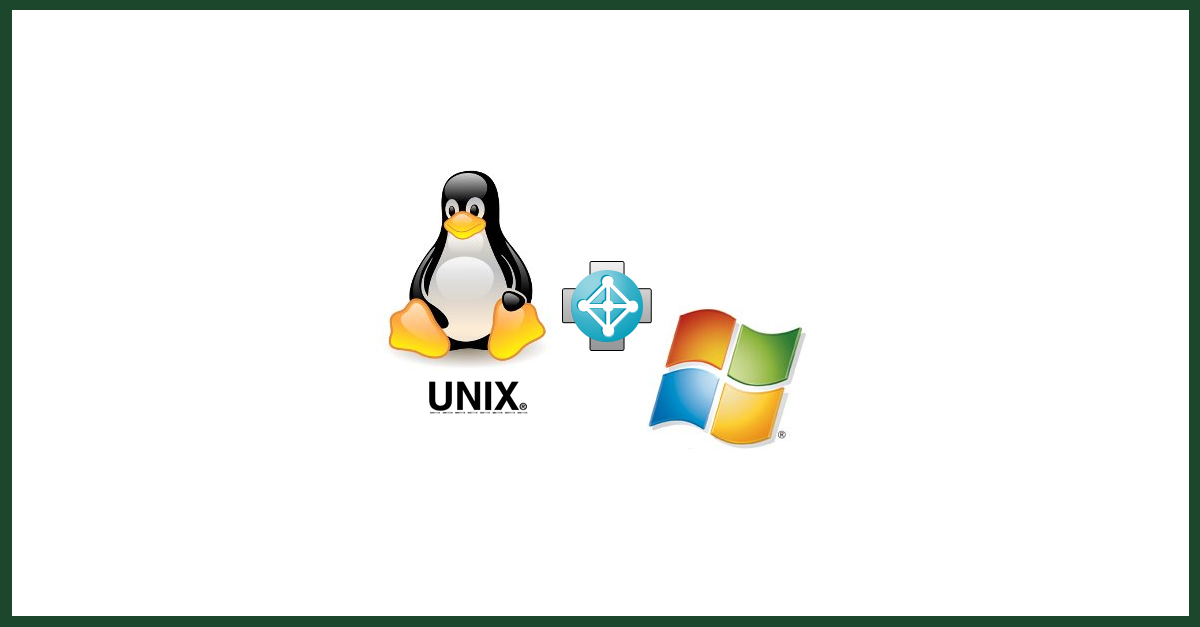In this week’s blog entry, we want to have a look at how Unix and Windows groups work together in a mixed Unix/Windows environment. This topic can sometimes be a bit confusing, and here we hope to contribute to clarifying the subject. Many companies and development teams have a mixed development environment, often using a Unix/Linux VOB server in combination with both Unix/Linux and Windows client machines. Getting this all to work is an important and practical topic.
In addition, Unix/Windows groups can be used to enforce code security. We tackle this topic as well, giving an example of what it takes to set this up. ClearCase at this time doesn’t have a robust formal method of enforcing code security, although IBM/Rational has said that something new will be included when ClearCase 8.0 is released. Be that as it may, today group permissions seems to be the most viable method of providing security.
Have a look at this example of using groups to enforce security, and then please comment on its usefulness to you. SPK_WinUnixGroupPermissions







